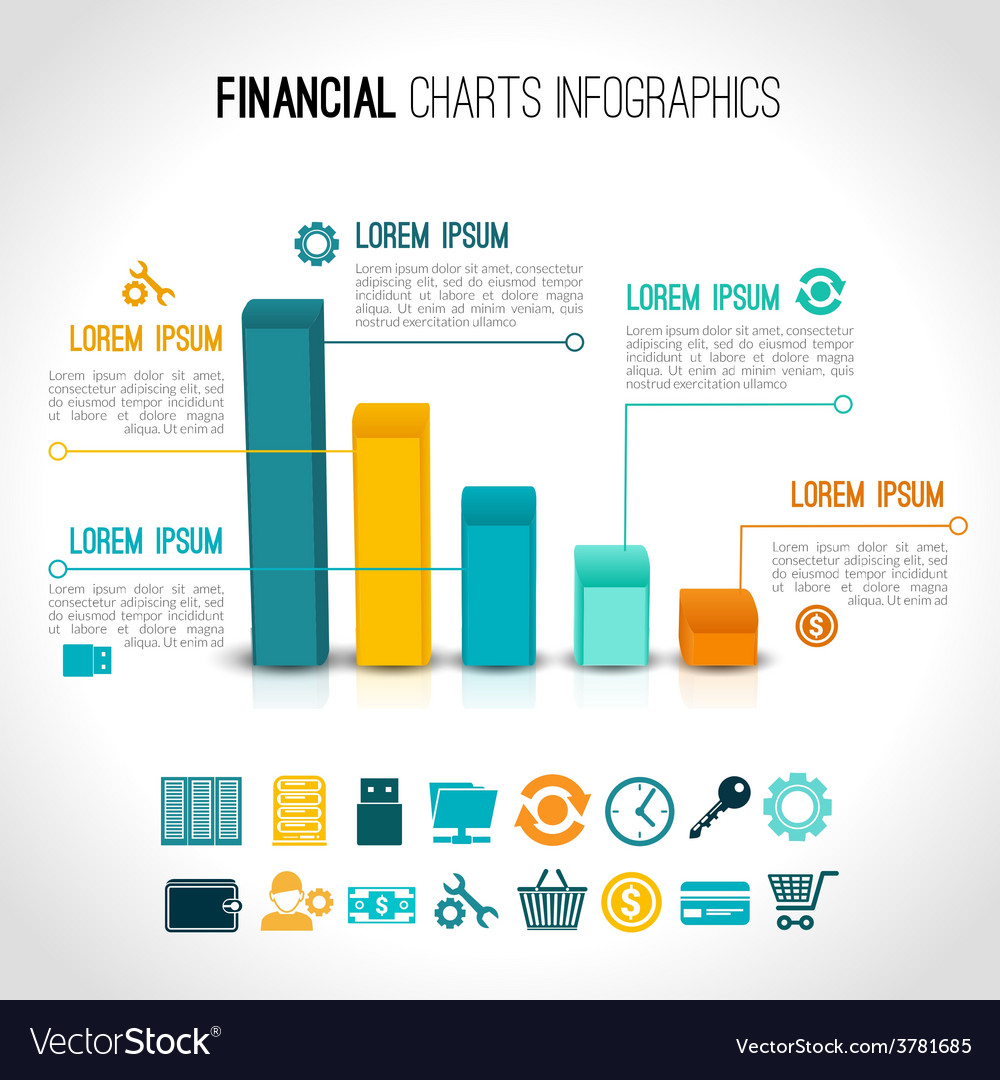Address Difficulties In Building And Construction Job Management By Becoming Skillful In Payment Bonds
Address Difficulties In Building And Construction Job Management By Becoming Skillful In Payment Bonds
Blog Article
Short Article Produced By-Webb Raahauge
When taking care of a building and construction project, recognizing repayment bonds is vital to ensuring everybody makes money in a timely manner. These bonds safeguard subcontractors and vendors, creating a reputable payment structure. However, navigating the legalities and ideal methods can be difficult. Knowing just how to efficiently take care of these bonds can avoid potential disputes and boost trust fund amongst stakeholders. But what details approaches should you implement to optimize their efficiency? Let's explore.
Comprehending Payment Bonds: Definition and Objective
Repayment bonds are crucial devices in the building and construction market, making certain that subcontractors and suppliers make money for their work. When you engage a specialist, you could require a payment bond to shield yourself from the danger of non-payment.
This bond works as a warranty that the contractor will meet their repayment commitments to all events entailed. If the contractor fails to pay, the bond gives economic option, allowing subcontractors and vendors to declare their due quantities.
Understanding this tool helps you reduce risks and preserve a smooth flow of operations on your task. By requiring a settlement bond, you can cultivate trust and liability, making sure that every person on the project gets compensated for their contributions.
Legal Effects of Payment Bonds in Construction
While understanding repayment bonds is critical for project success, it's just as crucial to recognize their legal implications in construction.
These bonds function as an assurance that subcontractors and providers make money, but they also come with specific lawful commitments. If https://edwinjfzto.dailyhitblog.com/40478064/guaranty-bonds-how-they-safeguard-consumers-and-services or your service provider fail to satisfy the bond's conditions, you can face serious consequences, consisting of claims or financial penalties.
Moreover, recognizing click here for info for filing claims is crucial; missing due dates can threaten your civil liberties. Furthermore, the bond might require you to supply documentation showing that settlements were made.
Stopping working to abide by these legal requirements can result in costly disagreements, so it's vital to stay informed and proactive throughout your job.
Best Practices for Handling Repayment Bonds Successfully
Understanding the lawful implications of settlement bonds is just the initial step in making sure a successful construction task. To manage payment bonds efficiently, beginning by clearly specifying duties and obligations amongst all events included.
Routinely interact with your surety firm to stay educated concerning any type of problems or adjustments. Maintain detailed https://www.forconstructionpros.com/business/business-services/financing-insurance-leasing/article/22249752/bryant-surety-bonds-inc-what-to-know-about-surety-bonds-for-the-concrete-contractor of all deals and communications related to the bond, as this can help solve disagreements swiftly.
Establish a timeline for payment processes and make sure that all subcontractors and distributors comprehend it. Additionally, frequently evaluation and upgrade your bond contracts to reflect any project changes.
Conclusion
Finally, successfully navigating repayment bonds is vital for your task's success. By recognizing their function, identifying legal implications, and executing finest methods, you can make certain timely settlements for subcontractors and providers. Clear communication and appropriate documentation will certainly promote trust fund among all parties entailed. Bear in mind, positive management and conflict resolution techniques not just minimize threats yet additionally improve relationships with stakeholders. Embrace these insights to improve your job implementation and achieve much better end results.
